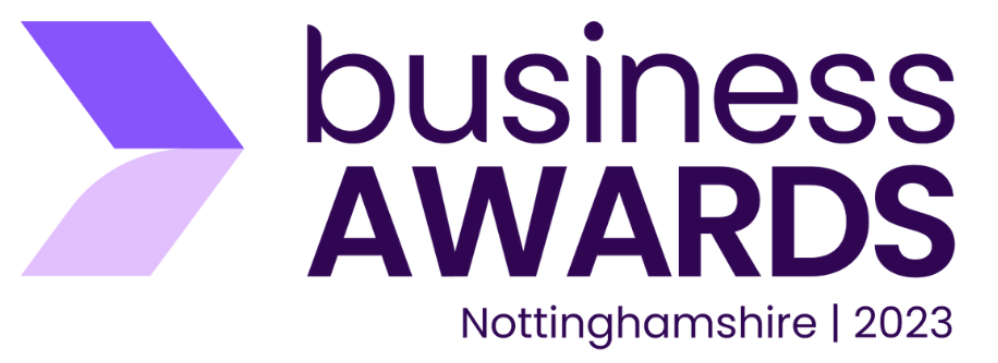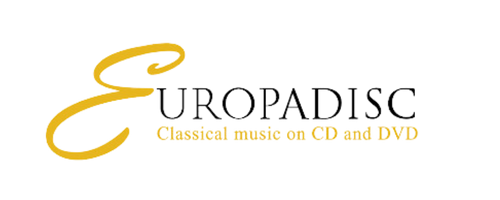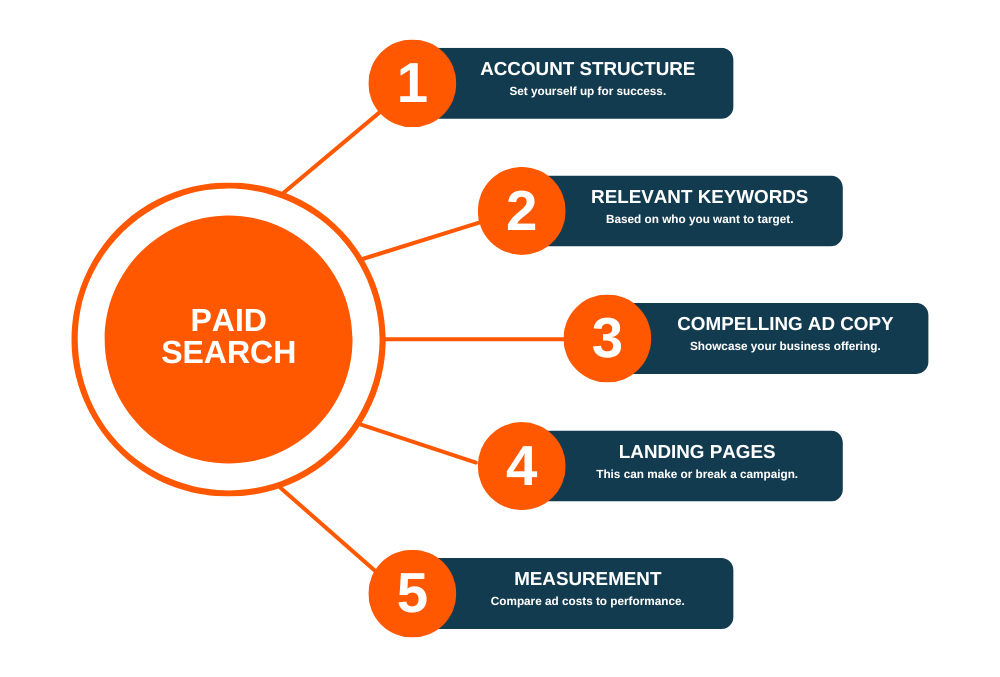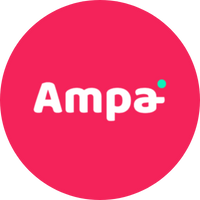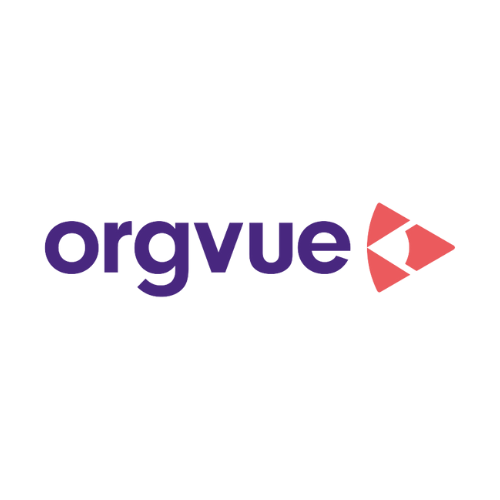Paid search and search engine optimisation (SEO) are two of the most often used digital marketing techniques. While both attempt to increase website traffic and improve search engine visibility, they differ in fundamental ways.
Paid Search (PPC)
Paid search refers to the placement of ads on search engine results pages, social media platforms, and other websites. Advertisers place bids on specific keywords and phrases in order to display their ads to a specific audience. Paid search gives you instant visibility because ads can display at the top of search results, even above organic search results. Paid search ads can be highly targeted and easily measurable, making them an efficient method of driving traffic to a website.
Search Engine Optimisation
SEO, on the other hand, is the process of optimising a website such that it ranks higher in organic search results. This is done by combining technical, on-page, and off-page optimisations. SEO takes time and work to produce results, but it can give long-term benefits such as better visibility, higher click-through rates, and more qualified traffic. SEO can be less expensive than paid search as it does not need ongoing spend.
The difference between SEO & PPC
The difference between paid search and SEO ultimately boils down to cost, speed, and long-term vs short-term strategy. While paid search might deliver instant results, it can also be costly, as the traffic generated is dependent on continued ad investment.
SEO, on the other hand, requires ongoing effort but can provide long-term benefits with no further investment.
Learn more >


